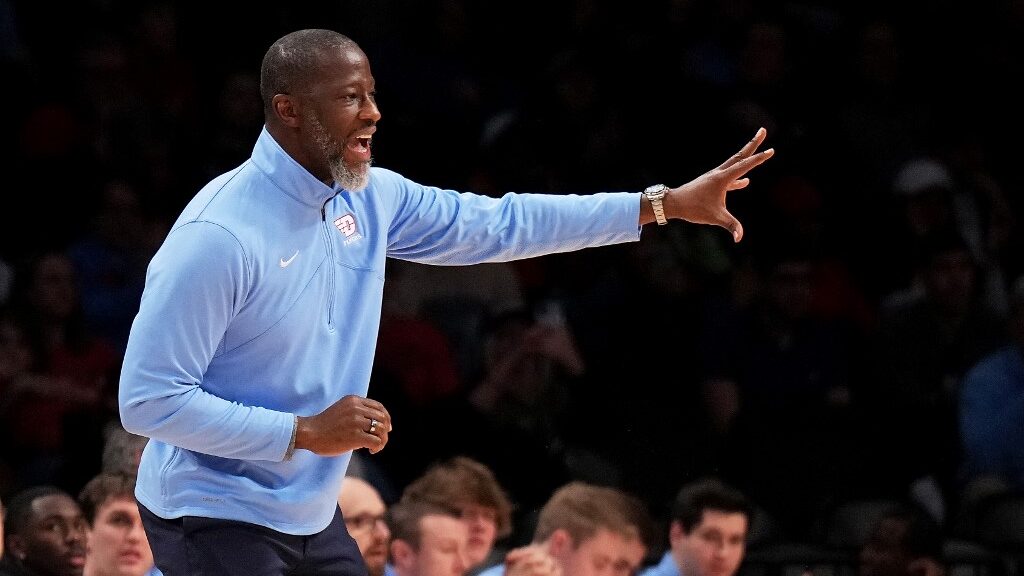
The Buckeye State is at the vanguard of protecting college athletes by introducing a measure to ban bettors from sportsbooks in Ohio who harass those competitors.
First of Its Kind
Some states that have launched mobile betting have removed college teams located within their borders from the betting menu. The measure intends to protect college athletes from those local gamblers who try to intimidate them and thus affect their emotional well-being and possibly their performance.
Ohio has become the first state to initiate penalties on those who choose to do so, and it comes as part of the state’s 2023-24 budget and focuses on bettors who “threaten violence or harm” to the athlete.
A spokesperson for the Ohio Casino Control Commission said, “The language in the budget pertaining to exclusion from sports gaming of persons who threaten violence or harm against persons who are involved in sporting events is guidance from the General Assembly that making threats against athletes is unacceptable and threatens the integrity of sports gaming. Existing Ohio law already has penalties for this type of behavior, and lawmakers have now given us additional tools to address these situations.”
Essentially, the way the new measure would work is if the Casino Control Commission established that someone was making a threat to a student-athlete on social media, that person could be excluded from all sports betting options in the state. The name of the individual would be shared with all the state’s sportsbook operators, and it would be incumbent on them to deny wagering of any kind from that source.
Threats to the Flyers
The galvanizing moment for this new measure crystalized in January when Anthony Grant, the head coach of the Dayton Flyers’ men’s basketball team, railed against those individuals who threatened his players after Dayton watched a 14-point halftime lead dissipate into a 63-62 home loss at the hands of Virginia Commonwealth.
“You know, these young men, we’re asking them to sacrifice quite a bit for us to be able to do what we do and enjoy what we enjoy. So, I’m just asking all the Flyer fans just to understand that we’re dealing with 18-, 21-, 22-year-olds, and this is about them. This is about them. Alright? So those of us that love the Flyers – which is the vast majority of our fanbase – we appreciate you. Alright? But if this is about anything else that doesn’t relate to what’s in the best interest of the kids, what’s in the best interest of this university and this proud program and this community that loves the Flyers,” Grant said during his postgame press conference.
Uncertainty on How the Ruling Will Be Enforced
Naturally, enforcement will be an issue, and how that manifests has yet to be revealed. The other issue pertains to what is construed as a threat. Is it just an impulsive person blowing off steam or is there a genuine threat to the health and safety of the athlete?
It is a fine line between free speech and harassment, which will prove a daunting task for the regulators to discern which is which.













